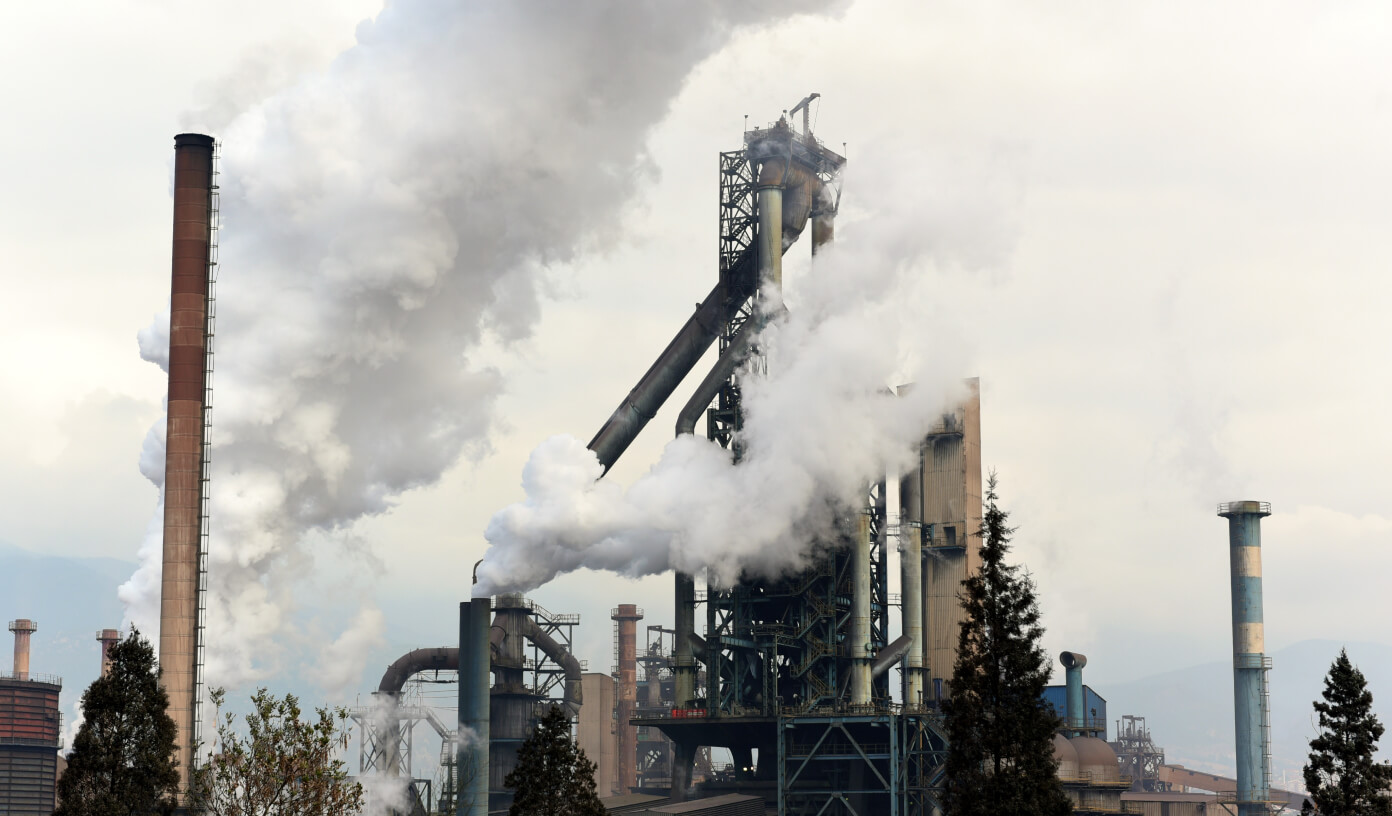 Photo by: IC / iStock
Photo by: IC / iStock
The year before last we carried out a study in which we estimated the theoretical decarbonisation potential in Russia at around 700 million tonnes of CO2 equivalent.
This potential is distributed across different sectors of the economy. The largest decarbonisation potential is concentrated in the forestry sector: over 350 million tonnes of CO2-equivalent. In order to achieve these figures, forest conservation and regeneration need to be tackled.
The remaining potential is in the industrial sector and can be realised through energy efficiency, low- and no-carbon fuels, more efficient production processes, new technologies, waste management and other measures.
This potential doubles the ambition of Russia’s targets as presented in the Paris Agreement. Again, this potential requires substantial economic support mechanisms.
In particular, if projections are to be believed, by 2030 global average market prices for carbon will be in the range of $50-60 per tonne CO2-equivalent.
At this price for carbon, the Russian decarbonisation potential will be realised by 84% without emission quotas, carbon tax, etc.
Cover photo: Max Zolotukhin / iStock








Comments